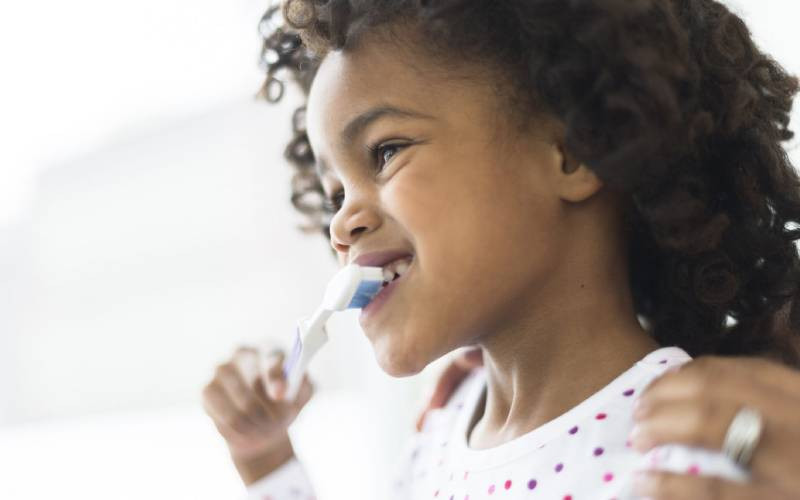
Dental caries, commonly known as tooth decay, is a prevalent chronic disease that affects people of all ages, including infants and young children.
Tooth decay in babies is a growing concern, and parents must take proactive measures to prevent it. In this write-up, we will discuss dental caries and your baby, including advice on how to prevent decay and when to seek dental advice.
Tooth decay in infants and young children is commonly referred to as 'baby bottle tooth decay.' This occurs when a child's teeth are frequently exposed to sugary liquids, such as milk, formula, or fruit juice.
Bacteria in the mouth feed on the sugar and produce acids that erode the enamel of the teeth, leading to cavities.
One of the most crucial steps to prevent tooth decay in babies is to avoid exposing their teeth to sugary liquids.
Infants should never be put to bed with a bottle containing anything other than water, as this increases the risk of baby bottle tooth decay.
Additionally, babies should be weaned off the bottle by their first birthday and transitioned to a sippy cup or regular cup. It's also essential to limit the sugary foods and drinks that your baby consumes.
Another essential step to prevent tooth decay is to practice good oral hygiene.
- Keep your home warm with these tips
- What to do if you feel dizzy after a meal
- Easy recipe: Pide 'Fatayer' Turkish flatbread
- Beauty of rare crunchy asparagus
Keep Reading
Parents should clean their baby's gums with a soft, damp cloth after feedings, and begin brushing their teeth as soon as they erupt.
Use a soft-bristled toothbrush and a smear of fluoride toothpaste the size of a grain of rice. It's essential to supervise your child's toothbrushing until they are old enough to do it themselves.
Regular dental check-ups are also crucial in preventing tooth decay. The American Academy of Paediatric Dentistry recommends that infants have their first dental visit within six months of their first tooth erupting, but no later than their first birthday.
This visit will allow the dentist to check for any signs of decay and provide advice on how to prevent future problems.
Parents should also be aware of the signs of tooth decay and seek dental advice if they notice any issues. Signs of tooth decay in babies include white, brown, or black spots on the teeth and sensitivity to hot or cold foods and drinks.
If you notice any of these signs, it's essential to schedule a dental appointment as soon as possible.
In conclusion, dental caries is a preventable disease, and parents can take proactive measures to prevent it in their babies.
Avoiding sugary liquids, practising good oral hygiene, scheduling regular dental check-ups, and being aware of the signs of tooth decay are all essential steps in preventing decay. If you have any concerns about your baby's dental health, be sure to seek dental advice as soon as possible.
Preventing tooth decay in babies requires proactive measures, such as limiting sugary liquids, practising good oral hygiene, and scheduling regular dental check-ups, to ensure a lifetime of healthy smiles.
The writer is a specialist periodontist and implant practitioner.
 The Standard Group Plc is a multi-media organization with investments in media platforms spanning newspaper print
operations, television, radio broadcasting, digital and online services. The Standard Group is recognized as a
leading multi-media house in Kenya with a key influence in matters of national and international interest.
The Standard Group Plc is a multi-media organization with investments in media platforms spanning newspaper print
operations, television, radio broadcasting, digital and online services. The Standard Group is recognized as a
leading multi-media house in Kenya with a key influence in matters of national and international interest.

